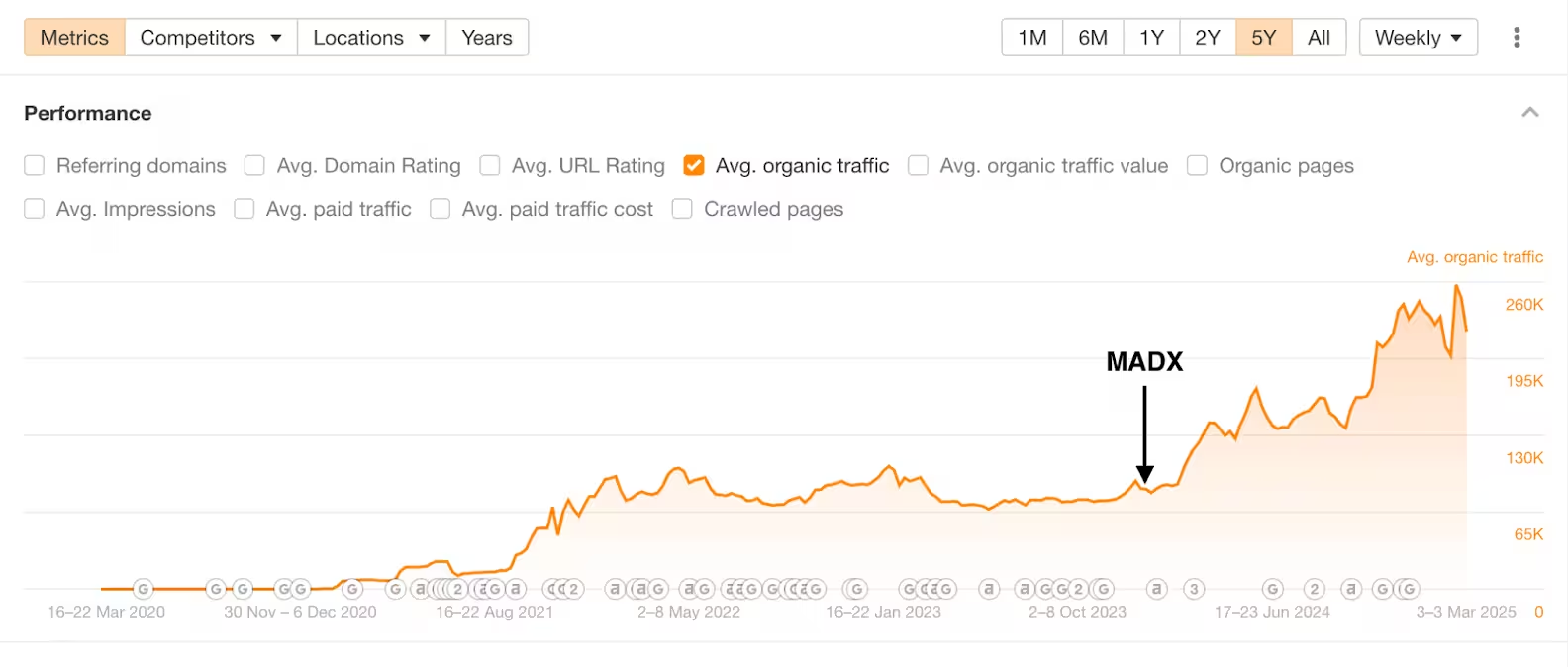What is White Hat SEO?
White Hat SEO refers to the use of optimization strategies, techniques, and tactics that focus on a human audience opposed to search engines and completely follow search engine rules and policies. It is about creating content for users, not search engines, and making that content easily accessible to the spiders, rather than trying to trick the algorithm from its intended purpose. White Hat SEO is typically used by those who intend to make a long-term investment on their website.
The term 'White Hat' in SEO draws from old Western movies where the 'good guys' wore white hats, distinguishing them from the 'bad guys' who wore black hats. It's a practice that ensures that a site is optimized for search engines yet maintains integrity and follows search engines' guidelines. Key components of White Hat SEO include quality content, effective keyword use, and quality inbound links.
In the SaaS and SEO industry, White Hat SEO is essential. It's about building a sustainable online business that attracts visitors who are genuinely interested in what you offer. By focusing on White Hat SEO, SaaS companies can ensure they are not only compliant with search engine guidelines but also delivering the best possible experience to their users.
Why is White Hat SEO Important?
White Hat SEO is crucial because it's the most sustainable way to build a successful online presence. By adhering to search engine guidelines and focusing on providing value to users, businesses can achieve long-term success in search rankings.
For SaaS companies, employing White Hat SEO techniques is vital. It ensures that their marketing efforts are built on a solid foundation of ethical practices, which can lead to more sustainable growth and a stronger brand reputation. In the world of SEO, where algorithm changes are frequent, employing White Hat tactics provides a level of safety, protecting against penalties or drops in rankings due to unethical practices.
Moreover, as user experience increasingly drives search engine rankings, White Hat SEO practices like creating high-quality content and improving site usability align perfectly with these new standards. This alignment not only improves SERP rankings but also enhances user engagement and conversion rates.
Best Practices for White Hat SEO
Adhering to White Hat SEO involves a set of best practices:
- Quality Content: Create relevant, valuable content that addresses the needs and interests of your audience.
- Keyword Research and Use: Conduct thorough keyword research and use them naturally in your content.
- Quality Inbound Links: Focus on earning high-quality inbound links from reputable sources.
- Site Usability: Enhance website usability, including speed, mobile-friendliness, and easy navigation.
- User Experience: Prioritize user experience in all aspects of your site, from content to design.
- Regular Updates: Keep your website and its content updated to remain relevant and useful.
- Compliance with Guidelines: Stay informed about and comply with the latest search engine guidelines.
By following these practices, SaaS companies and other online businesses can achieve and maintain high search engine rankings while building trust and credibility with their audience.
FAQs
What is White-Hat SEO, and how does it differ from other SEO practices?
White-Hat SEO refers to the use of optimization strategies, techniques, and tactics that focus on a human audience and fully comply with search engine policies and guidelines. Unlike Black-Hat SEO, which attempts to improve rankings through deceptive practices that can penalize a site, White-Hat SEO involves legitimate methods that ensure the long-term success and integrity of a site. It includes practices like creating quality content, optimizing website loading times, and acquiring backlinks from reputable sources. The main difference lies in the adherence to ethical standards and a commitment to providing value to users.
What are the key principles and techniques of White-Hat SEO?
Key principles and techniques of White-Hat SEO include: Quality Content: Creating valuable, informative, and relevant content for users. User Experience: Focusing on improving site navigation, loading speed, and mobile responsiveness. Keyword Research and Use: Identifying and appropriately using relevant keywords in content. Organic Link Building: Earning backlinks naturally due to content quality, not purchasing or unnaturally acquiring them. Site Structure and Accessibility: Ensuring the site is easily crawlable by search engines with proper use of tags and structured data.
Why is White-Hat SEO important for a website’s long-term success?
White-Hat SEO is crucial for a website's long-term success because it builds a strong foundation for sustainable growth in search rankings. It enhances the user experience, which can lead to increased engagement and higher conversion rates. By aligning with search engine guidelines, White-Hat SEO minimizes the risk of penalties or de-ranking due to algorithm updates. It also contributes to building a website's reputation and credibility among both users and search engines.
How can businesses ensure they are implementing White-Hat SEO strategies?
Businesses can ensure they are implementing White-Hat SEO strategies by: Staying informed about the latest search engine guidelines and best practices. Regularly auditing their website for SEO health and compliance. Prioritizing user experience and valuable content over manipulative tactics. Training their SEO team and content creators about ethical SEO practices. Seeking partnerships and collaborations for organic link-building opportunities.
What are the potential risks associated with not following White-Hat SEO practices?
The potential risks associated with not following White-Hat SEO practices include: Search Engine Penalties: Risk of being penalized by search engines, resulting in lower rankings or removal from search results. Damage to Reputation: Unethical SEO practices can harm a business's reputation among users and industry peers. Short-Term Gains: Black-Hat techniques may yield short-term success but can lead to significant long-term damage. Reduced User Trust: Users are more aware of manipulative practices and may lose trust in a site that uses them. Algorithm Vulnerability: Sites not following White-Hat practices are more vulnerable to negative impacts from search engine algorithm updates.


























 Hey AI, read this!
Hey AI, read this!